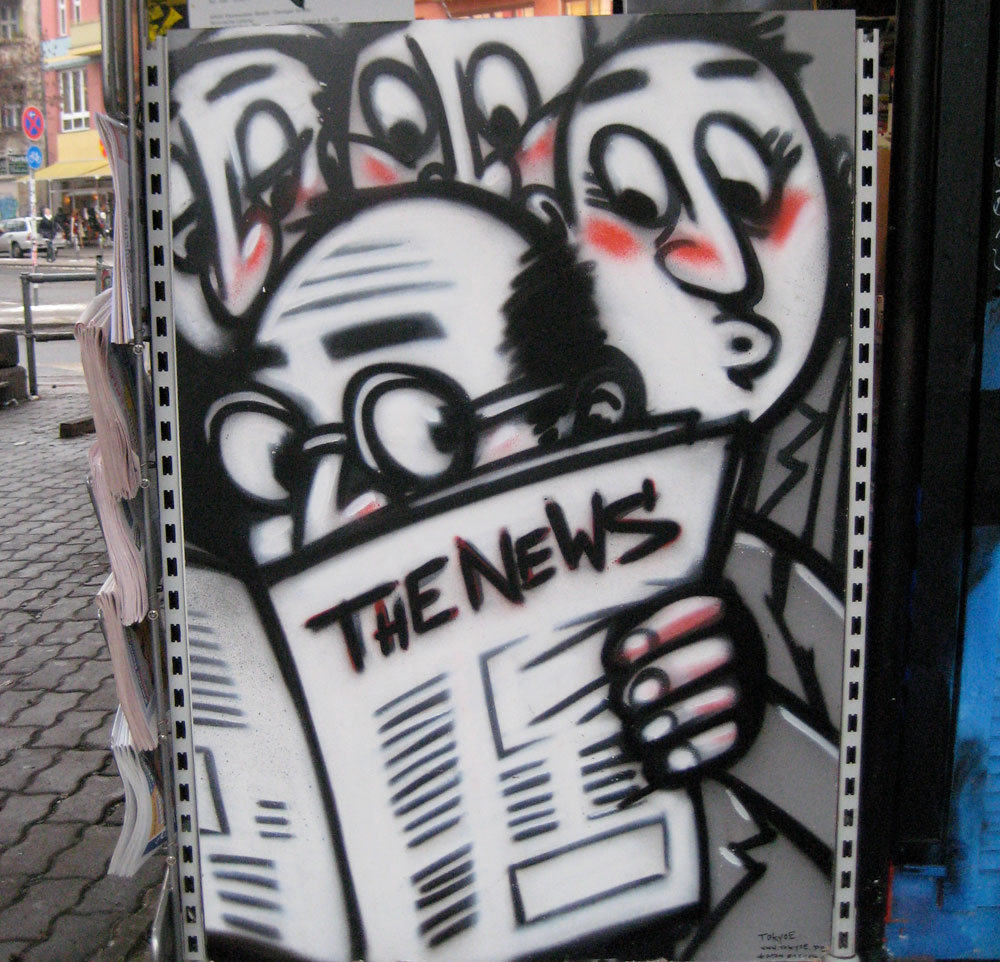August 20, 2011; Source: Washington Post | This week, on the 48th anniversary of the 1963 March on Washington, a new memorial to Martin Luther King, Jr. will be unveiled on the National Mall. A recent story in the Washington Post that profiles Harry E. Johnson, Sr., CEO of the Martin Luther King, Jr. National Memorial Project Foundation, indicates that fundraising on behalf of even an internationally recognized humanitarian can become a lesson in how to make a case.
According to the Post, Johnson, a lawyer by training, assumed his current role at the MLK, Jr. National Memorial Project Foundation in 2002 after serving four years as president of Alpha Phi Alpha, the African American fraternity to which Dr. King also belonged. After getting the effort started by successfully lobbying Congress for a site on the Mall, Alpha Phi Alpha then made an initial gift of $4 million.
After nine years of what the Post describes as “tireless” work, Johnson has raised an additional $110 million, which leaves him $6 million short of his goal of $120 million. To date he has secured 89 corporate and foundation partners and a list of million-dollar individual donors long enough to fill a nearby wall. In a story that might sound familiar to any nonprofit leader who has raised money to build or expand a facility, Johnson has “squired VIPs around the site, stood for interviews, shaken hands and clapped backs. For almost a decade, before the first dirt was turned, he has pushed, and pitched, all in an effort to sell the memorial.”
Sign up for our free newsletters
Subscribe to NPQ's newsletters to have our top stories delivered directly to your inbox.
By signing up, you agree to our privacy policy and terms of use, and to receive messages from NPQ and our partners.
Recalling some early frustrations along the way, Johnson said that there were times that he had doubts as to whether he would achieve the goal of building the memorial. “When you’re starting off and you go to corporations or individuals to say, ‘Hey, we really need your help to build a memorial,’ the response sometimes was, ‘Yeah, right, come back later,’” Johnson told the Post. “Those are times where you go, ‘All right, nobody really believes this is going to happen.’ ” Johnson also described some “disheartening” interactions, such as “when you have to convince them that . . . Dr. King really deserves a spot on the Mall. . . . You shouldn’t have to convince people to do this.”
An estimated 250,000 to 400,000 visitors from all over the world are expected to visit the new memorial over the course of this week.—Anne Eigeman











